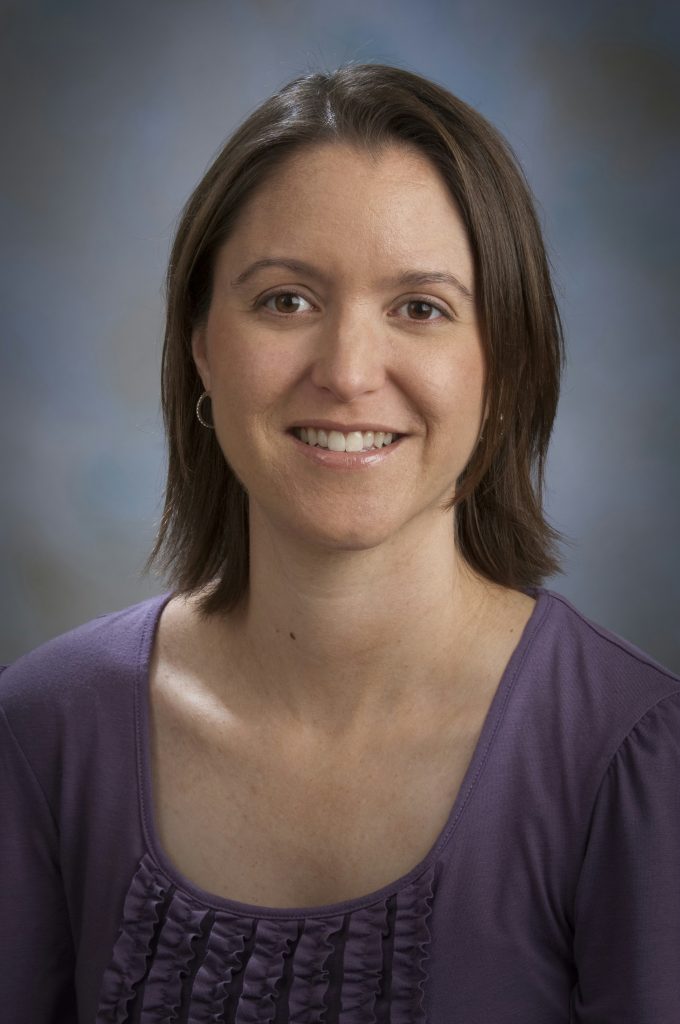Abstract
Advancing Novel Biological Wastewater Treatment Technology for Removal of Pharmaceuticals and Personal Care Products
Pharmaceuticals and personal care products (PPCPs) are contaminants of growing concern for the water and wastewater treatment industries, particularly given the increasing necessity of potable water reuse (i.e., toilet to tap) in arid regions. PPCP removal is additionally important to avoid negative ecosystem impacts. Efficient and effective wastewater treatment for reuse unpin a one water solutions approach. To address this challenge, additional treatment technologies can be added to the end of conventional treatment trains to remove these trace contaminants. Available physical and chemical treatment technologies capable of removing PPCPs are costly, energy intensive, produce potentially toxic byproducts and problematic waste streams, or are ineffective for some compounds. Additionally, these existing physical and chemical treatment technologies increase the carbon footprint of water treatment. Biological PPCP treatment technologies, including biofiltration and soil aquifer treatment (SAT), are promising lower cost, lower energy use technologies. Many PPCPs are biodegradable, so in principle biotreatment technologies could be developed to meet treatment needs. However, reported PPCP removal efficiencies vary widely and often appear contradictory (e.g., both complete recalcitrance and rapid biodegradation are reported for the same compound in differing studies). Knowledge is lacking regarding the critical variables controlling bioreactor performance and how to optimize and manage microbial communities in biological PPCP treatment technologies to achieve efficient and stable PPCP removal. We investigated two critical parameters: (1) the source of microbial inoculum, and (2) primary carbon sources available. Reactor microbiomes were characterized via next-generation gene sequencing. Both process parameters had significant impacts on PPCP removal patterns and on the types of microorganisms present in reactors. Current funded research is focused on developing novel ways to detect and measure the specific microbes that can degrade PPCPs to provide new monitoring tools that will enable treatment technology advances.

Biography
Susan De Long, Associate Professor
Civil and Environmental Engineering, Colorado State University
Susan De Long is an Associate Professor in the Department of Civil and Environmental Engineering at Colorado State University. She holds B.A. degrees in Environmental Science and Molecular and Cell Biology from the University of California, Berkeley and an M.S.E. and Ph.D. in Environmental Engineering from The University of Texas, Austin. She has 20 years of experience working in the fields of microbiology, applied molecular biology, and environmental engineering. Her on-going research is advancing technologies for wastewater treatment and water reuse, biodegradation of emerging contaminants in wastewater, waste valorization and circular bioeconomy, site bioremediation, and development of novel molecular biology tools for monitoring engineered systems.